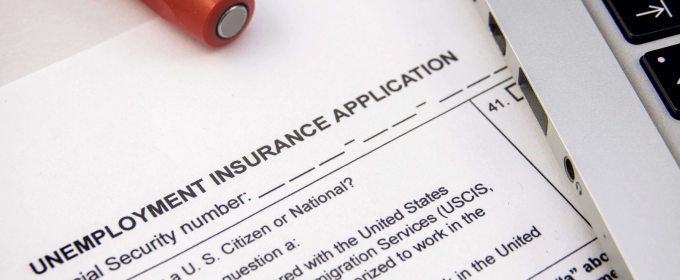
Families are struggling —
across the country, in New Jersey, and here in Mercer County
Nearly 1 in 4 U.S. adults don’t have any emergency savings at all. (Bankrate)
Why Our Neighbors Need Help, Why Steps Toward our Shared Success Matter

Housing instability in New Jersey, already high, is increasing at an alarming rate.
What is housing instability?
- Bulk of household income used on housing
- Difficulty paying rent
- Frequent moves
- Forced to move in temporarily with family or friends
- Facing eviction
- Experiencing homelessness
$ 39.99 Per hour to afford a two-bedroom apartment at Fair Market Rate
According to the National Low Income Housing Out of Reach report, a New Jersey resident would need to work 102 hours a week—the equivalent of more than two and a half full-time jobs—at minimum wage or earn $39.99 an hour to afford a two-bedroom apartment at Fair Market Rate.
“There is no state or county in the U.S. where a renter working full-time at minimum wage can afford a two-bedroom apartment”, according to the National Low Income Housing Coalition.
Learn more from the National Low Income Housing Coalition.

Stagnant wages and under-employment lock families out of opportunities to increase their earning power, skills, and resources.
Under-employment looks like:
- Working fewer hours than meets a family’s economic needs
- Working at a lower wage than meets a family’s economic needs
- Being employed in a job inadequate to one’s level of training
The majority of households receiving SNAP (the Supplemental Nutrition Assistance Program, formerly known as food stamps) have at least one working family member, according to Hunger Free New Jersey.
Most working SNAP recipients have jobs with little or no benefits, unsteady hours or only seasonal work, according to the Center on Budget and Policy Priorities (CBPP).
Learn more from Hunger Free New Jersey.
Learn more from the Center on Budget and Policy Priorities (CBPP).

Faced with limited resources and rising costs, too many families in our community are experiencing food insecurity.
Food insecurity is when a family doesn’t have enough food and doesn’t know if or where they’ll be able to acquire enough food for their next meal.
13.3 % Of children in Mercer County are estimated to be facing food insecurity, according to Advocates for Children of New Jersey
Helping feed our neighbors has a positive impact on us all. Findings from the USDA suggest “SNAP [Supplemental Food Nutrition Assistance] spending during a recession stimulates economic output.”
Hunger Free New Jersey further summarizes estimates “that every $1 of SNAP benefits can generate between $1.50 and $1.80 in economic activity during a downturn.”
Learn more from Advocates for Children of New Jersey.
Learn more from Hunger Free New Jersey.

Living with deprivation can have a long-term negative impact on an individuals’ health and well-being.
“Across the lifespan, residents of impoverished communities are at increased risk for mental illness, chronic disease, higher mortality, and lower life expectancy.”
Learn more from the Department of Health & Human Services’ Office of Disease Prevention and Health Promotion.

Children experiencing homelessness and housing instability are more at risk than their peers for long-lasting developmental and physiological damage.
"Children make up the largest age group of those experiencing poverty."
"Childhood poverty is associated with developmental delays, toxic stress, chronic illness, and nutritional deficits. Individuals who experience childhood poverty are more likely to experience poverty into adulthood.”
Learn more from the Department of Health & Human Services’ Office of Disease Prevention and Health Promotion.
